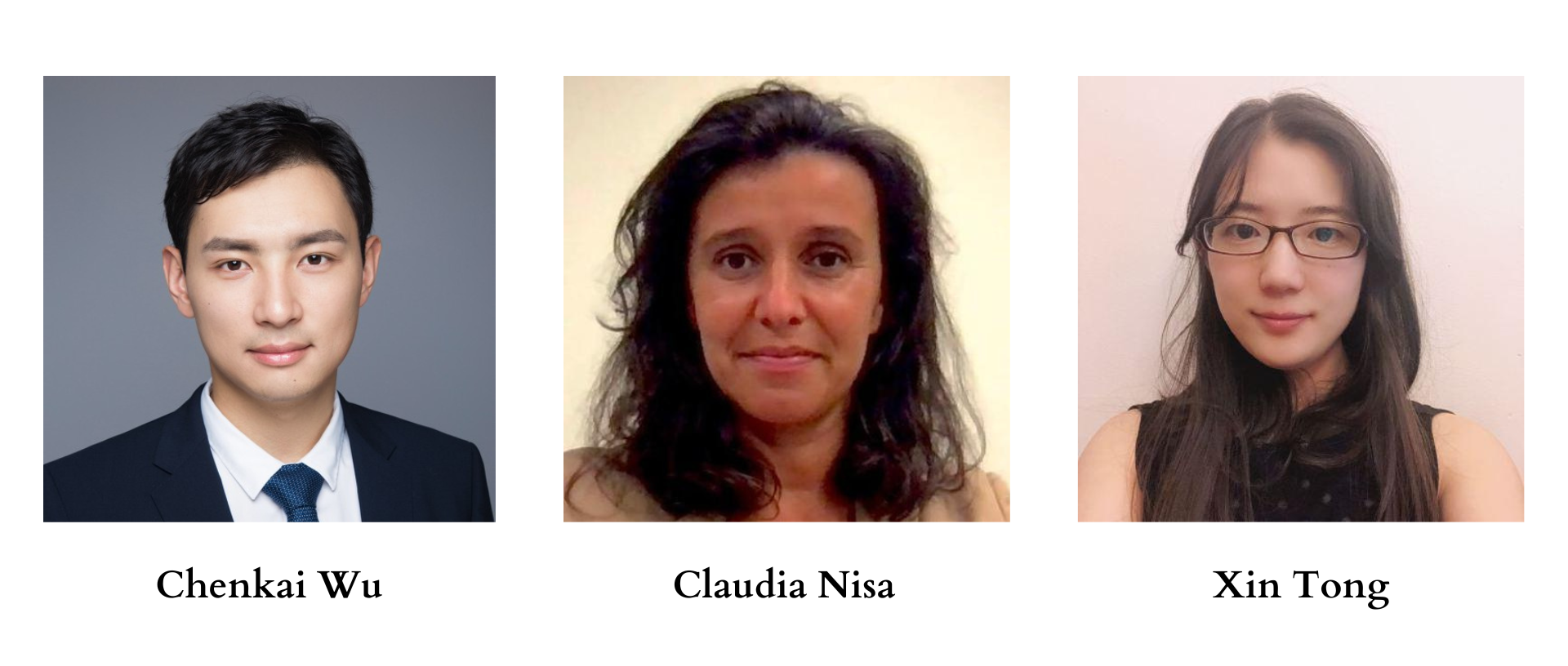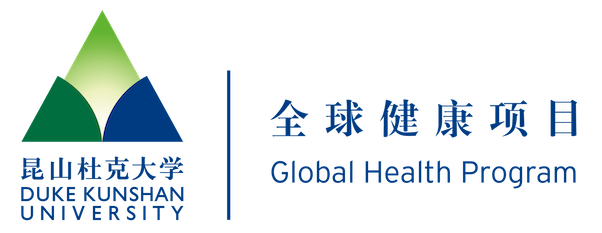Three GHRC professors have received Duke Kunshan University grants to support their research into global health issues.
The FSTA initiative typically funds research projects and public appearances that are likely to generate exposure, provide new academic opportunities, contribute to professional development or enhance the reputation of the university. The awards are designed to pay for activities not fully covered by discretionary or external funding.
This year’s recipients of the Faculty Scholarship and Travel Award (FSTA) are drawn from fields including global health, physics, media and arts, economics, behavioral science and philosophy, reflecting the breadth and depth of research at DKU.
Professor Katherine Robertson, director of faculty advancement at Duke Kunshan, said 28 projects had been supported in the four years since the launch of the awards initiative.
“The benefits of this competitive award to the recipients go beyond just receiving funds,” Robertson said.
“For example, the FSTA award may be used to pilot new projects placing the recipients in a better position to apply for external funding or to assist faculty to travel to prestigious conferences and increase their scholarly networks.”

Xin Tong, assistant professor of computation and design at Duke Kunshan, will receive FSTA funding to support research exploring interactive and intelligent systems as a means of improving health.
Her project, “Augmented Reality-based Tangible User Interface for Improving Learning Working Memory, Attention, and Frustration Tolerance of Children with Attention Deficit Hyperactivity Disorder (ADHD)”, looks at how the technology can support children with ADHD to improve memory and attention. The study also offers DKU undergraduates the opportunity to get hands-on research experience.
“My goals are to investigate how the AR tangible system can effectively support children in basic learning activities such as handwriting,” Tong said.
“We expect the AR tangible system to improve the children’s attention, frustration tolerance and working memory more than the traditional learning approach.”
Other GHRC recipients in 2022:
Chenkai Wu — scholarship award for “Patterns and Health Effects of Polypharmacy and Dietary Supplements Used among Chinese Older Adults”, a project which also looks at the attitudes of the older generation towards deprescribing.
Claudia Nisa — scholarship award for “Building leadership with emotional intelligence for emergency preparedness and response: Protocol for a pilot randomized controlled trial in Mozambique”, encompassing field research aimed at initiating long-term collaboration on healthcare leadership training with the World Health Organization.

